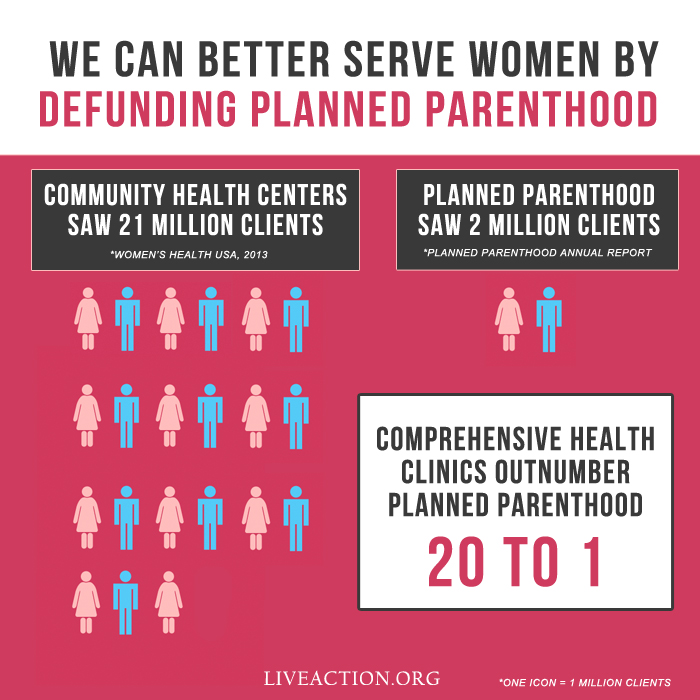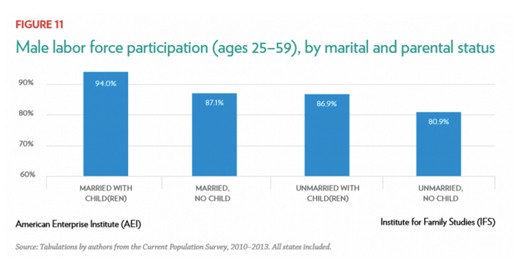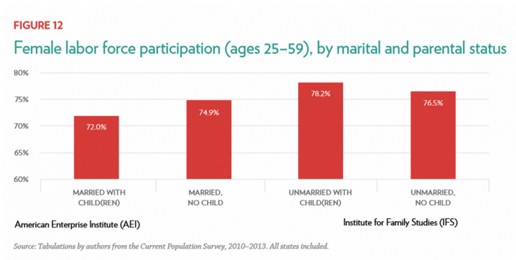The Failure of the Family Widens America’s Economic and Cultural Divides
Written by David French
There is no longer a common American living experience. There is no longer even the possibility of consensus around the the proper role of government in American lives. The decline of the family is altering American life so profoundly that the two parties are increasingly forced to choose the demographic groups they aim to serve, and to win elections by mobilizing and turning out those groups rather than persuading undecided voters.
This is a bleak picture, but it’s perhaps the only reasonable conclusion one can draw from the leading social science, from the strategies of the two leading political parties, and from simple experience — from living outside our own bubbles and understanding the hopes and fears of fellow citizens.
Single parents and other economically vulnerable populations tend to crave security. A single mom of three public-school children working as the bookkeeper for a struggling small business may well, ultimately, be better off under an economic system that drives growth and creates better-paying job opportunities for her. But such a system must seem a remote concern when weighed against the need to pay the rent while her kids’ deadbeat dad is behind on child support, and the difficulty of affording health insurance when her employer’s contribution keeps shrinking. If the battle is between the hope of opportunity and the promise of security, won’t a rational person choose the latter every time?
Now, imagine a different, married mother of three. She and her husband both work, and they make enough money that if one were to become unemployed, the family would still have enough to get by. But they don’t want to “get by.” They want their kids out of their struggling public school — there’s a great private school down the road — and on the path to a good college education. Their combined income puts them solidly above-average, but they don’t feel rich, because they can’t afford their entirely reasonable family goals: They’ve skipped vacations two of the last three years, and their Honda Pilot just passed 150,000 miles. They have security. What they want is opportunity, a chance to get just a bit further ahead. A tax and regulatory burden that depresses the job market, makes it harder to start businesses, and funnels cash directly out of their pockets is a burden — a burden that provides them with zero discernible benefits.
You’re the single mother. If you’re watching the GOP debate, is anyone speaking to your personal economic experience? Unless you’re strongly pro-life and a committed Christian, it’s highly unlikely that anyone on that stage can offer much promise of the security — the certainty — that you so desperately crave.
Conversely, if you’re the married mother in a reasonably prosperous family, the Democratic debate — unless you’re strongly pro-choice and a committed social liberal — is likely to seem appalling. More taxes? More regulation? Socialism? Are you serious?It’s the language of security, not opportunity, and it guarantees that you’ll pay more money to the government while continuing to see virtually no meaningful return. In frustration and disbelief, you turn to your husband and exclaim, “Other people make terrible life choices, and we pay for it.”
#share#No wonder political parties spend so much time talking about social issues. Shared religious and cultural values represent one way to bridge the country’s economic and demographic divides. Single moms may crave security, but if they’re revolted at the killing of unborn children, or if they don’t want to see their public-school children barred from praying on campus, they’ll vote Republican. Married moms in Massachusetts may pour countless thousands into a broken and wasteful combination of local, state, and federal welfare programs, but if they want to keep abortion legal and celebrate the upcoming nuptials of their lesbian neighbors, they’ll crawl over broken glass to vote Democrat.
Every four years conservatives and liberals look for the right messenger, the right person to make their case to the public. But you can package conservatism as appealingly as possible, and it’s still conservatism — it’s still, at base, a message of hope through opportunity and liberty, a message that’s terrifying to the most economically insecure. You can package liberalism as appealingly as possible, and it’s still liberalism — it’s still, at base, a message that millions of Americans who don’t feel prosperous, who have their own concerns and struggles, should pour more and more money into systems that won’t help their families, that won’t adequately educate their children, and that keep holding back their own hopes and dreams.
There’s no real political answer to this great American divide. While we can certainly tweak the tax code and other policies to eliminate marriage penalties and incentivize two-parent child-rearing, what government policy is going to give young people who’ve never seen an intact marriage the fortitude to hang together when times are tough? What political initiative is going to fill our impoverished urban and rural enclaves with eligible, employable bachelors? The sexual revolution — by detaching child-rearing from marriage — has done great and lasting damage to the fabric of American life, damage that no politician can repair.
In 2016, one party will win the White House, but no party will repair the cultural breach. That’s a job for parents, for pastors, and for those of us who reach out to provide others with the model of a life that pop culture scorns but history shows is indispensable to human flourishing, a life of faith and fidelity. It’s no longer enough for us to live our own values. We must help our fellow citizens rediscover ancient truths — always against the headwind of a political and cultural movement dedicated to the lie that they can live as they wish while attaining the security they wish for. It’s a daunting task, but it’s far more consequential than any vote we’ll ever cast.
— David French is an attorney and a staff writer at National Review.
This article was originally posted here









